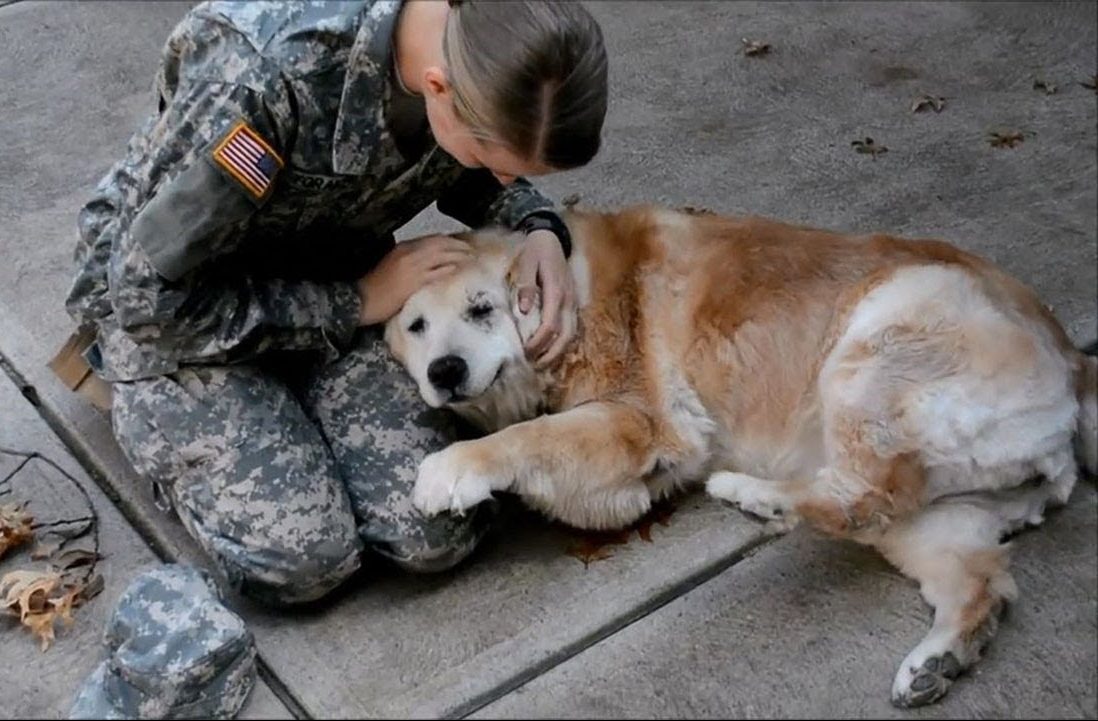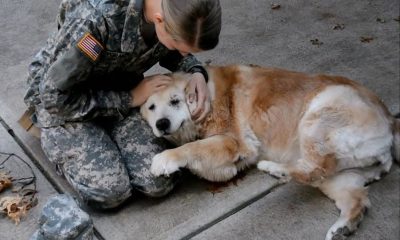When your pet displays certain symptoms, it is important to stay away to protect yourself and your pet. If you observe any of the following pet symptoms, it’s best to keep your distance until the issue has been addressed: lethargy, vomiting, diarrhea, excessive scratching or licking, shaking or trembling, sudden changes in appetite, coughing, sneezing, or discharge from the eyes or nose. Taking steps to stay away from your pet during these times will help to ensure the safety of both you and your furry friend.
Coughing and sneezing
Coughing and sneezing are common symptoms that our pets may experience from time to time. Just like us, they can catch colds or suffer from allergies, leading to these respiratory issues. While coughing and sneezing can be relatively harmless, it’s still important to take precautions to protect both you and your furry friend.
When your pet starts coughing or sneezing, keeping your distance is best. This is especially true if they have any other symptoms such as discharge from their nose or eyes, difficulty breathing, or lethargy. Coughing and sneezing can be signs of more serious underlying conditions such as respiratory infections or allergies. In some cases, they may even be contagious to humans, so it’s crucial to avoid close contact until you can consult a veterinarian.
Remember to provide a comfortable and clean environment for your pet to help alleviate their symptoms. Keep an eye out for any changes in their condition, and if their coughing or sneezing worsens or persists, make sure to seek professional help. Taking these precautions will help ensure the well-being of your pet and minimize any potential risks to yourself.

 Cats1 year ago
Cats1 year ago
 Cats11 months ago
Cats11 months ago
 Cats10 months ago
Cats10 months ago
 Cats10 months ago
Cats10 months ago
 Cats9 months ago
Cats9 months ago
 Dogs2 years ago
Dogs2 years ago
 Dogs10 months ago
Dogs10 months ago
 Cats9 months ago
Cats9 months ago




















